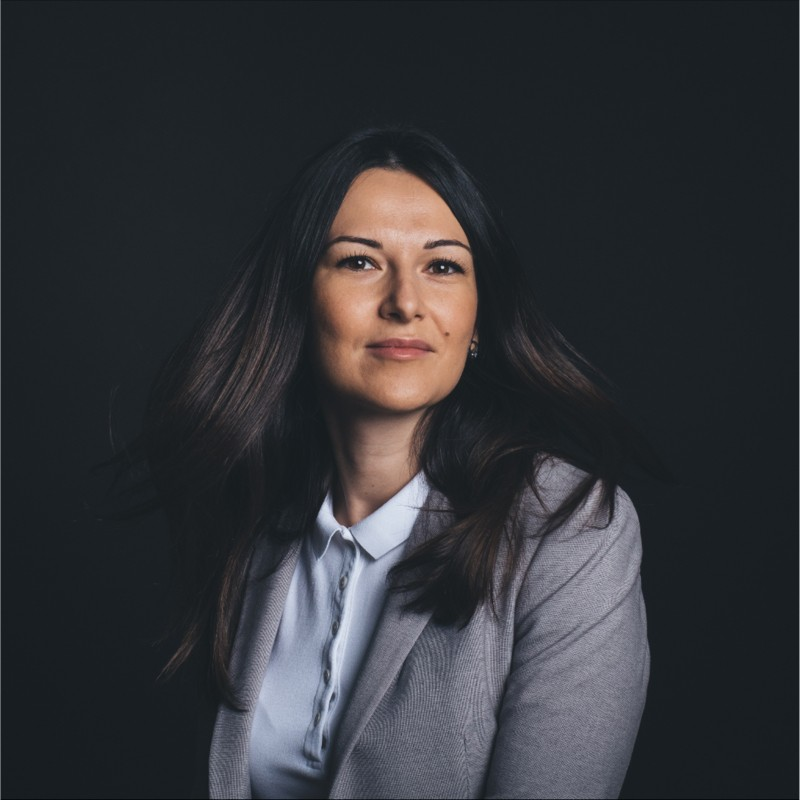MODULE 1
Introduction
MODULE 2
Introduction to PL/SQL
MODULE 3
Declaration of PL/SQL identifiers
MODULE 4
Write executable commands
MODULE 5
Interaction with the Oracle server
MODULE 6
Control structures
MODULE 7
Mixed data types
MODULE 8
Explicit cursors
MODULE 9
Working with exceptions
MODULE 10
Stored procedures
MODULE 11
Stored functions and tuned subroutines
MODULE 12
Packages
MODULE 13
Deploying packages
MODULE 14
Implementation of Oracle packages during application development
MODULE 15
Dynamic SQL
MODULE 16
What to consider when building PL/SQL code
MODULE 17
Triggers
MODULE 18
Creation of composite triggers, DDL triggers, database event triggers
MODULE 19
PL/SQL compiler
MODULE 20
Dependency management









